8 Poetry Collections Revolving Around Identity
Reckoning with one’s identity is a constant struggle in a world that encourages us to be anyone but ourselves. Considering how our identities are always evolving, understanding and acknowledging them at their fullest is also quite a process. Identities don’t follow a linear path. They have tales of endurance, movement, and belonging hidden under them. Does where we are from define who we are as people more than how we have been brought up? How do we reconcile multiple aspects of our identity and let them coexist in harmony? Where do we start our quest for self-acceptance? These are the questions contemporary poets are asking through their poetry anthologies where identity is the chief theme.
Below, I have listed down poetry books that I keep revisiting when contradictory facts about myself cloud my judgment. Often our feelings about our identities are not our objective reality. These books remind us that despair can’t be the conclusion and we have got to keep looking for ourselves. They inspire us to dig through layers and layers of conditioning so that someday nothing that doesn’t align with our true selves remains. For both the worst of times and the best of times, these books help us find a community even if that community has nobody but ourselves.
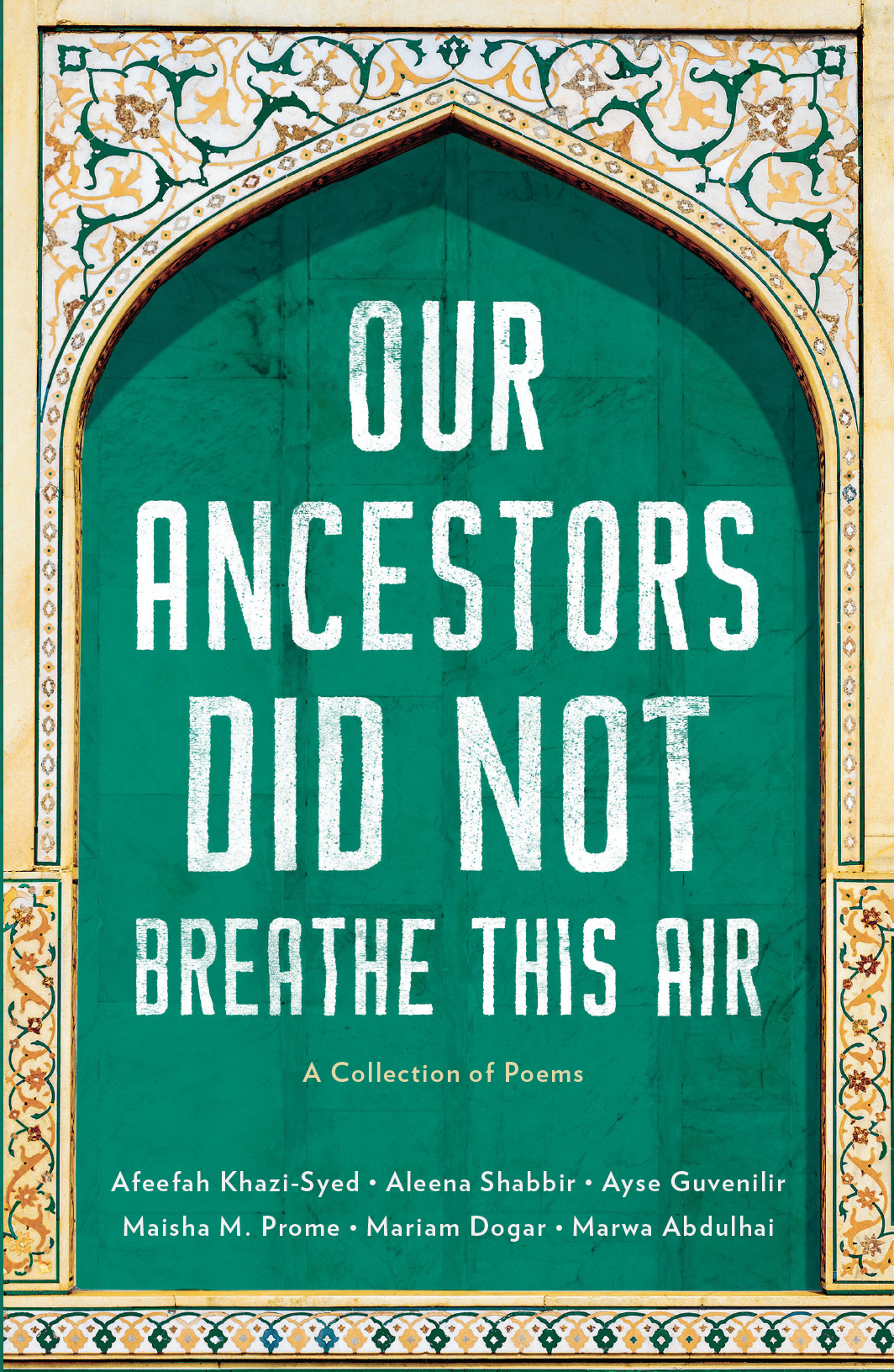
Our Ancestors Did Not Breathe This Air by Afeefah Khazi-Syed and others
This poetry collection features the lived experiences of six Muslim women. From the scents of Indian streets to college memories, the poets explore the concepts of identity and homeland. Written with extreme nuance and witty in their portrayal, the poems are a prayer as well as a rebellion. They reject cultural stigma and debunk taboos that weigh them down. This book is about stepping into the light and experiencing one’s own power.

Refusenik by Lynn Melnick
In this collection, Melnick fearlessly explores generational trauma and how it has an everlasting impact on an individual. With her signature wit, she lays bare her confrontation with a history of misogyny, antisemitism, myriad forms of abuse, and war. Her poems act as a way of reclaiming female pleasure, and, therefore, the right to one’s own body. Refusenik also explores what it is like to live in America today and how it shapes your personhood.

As She Appears by Shelley Wong
In her poetry collection, Wong centers the experiences of Queer women of color. It’s an anthology based on their being and becoming. Wong has blended in white space and silence to ask questions about femininity, interiority, and identity. Through writing odes to Frida Kahlo, mourning ends of relationships, and contemplating motherhood, Wong explores the many facets of self-love.
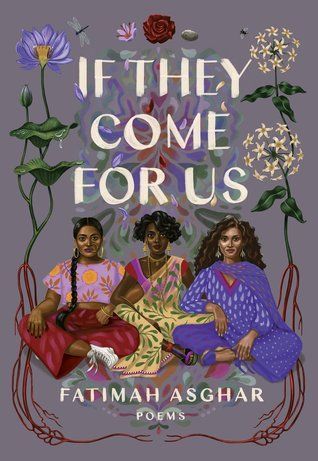
If They Come For Us by Fatimah Asghar
Asghar captures what it is like to be a Pakistani Muslim woman in America by weaving together personal and universal experiences. As an orphaned young girl, she has always struggled with her identity. Without the guidance of a mother, how does a young girl find out who she is? As she grows up, questions of sexuality and race enter her psyche. Experimenting with language, Asghar tries to come to terms with her fragmented identity and sense of belonging.
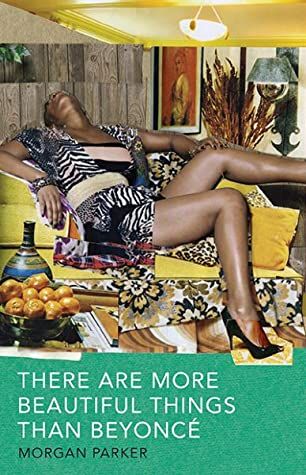
There Are More Beautiful Things Than Beyoncé by Morgan Parker
Parker makes use of political and pop cultural references to explore 21st century Black womanhood. Feminism, racism, isolation, and mental health form the framework of these poems. Parker writes and rewrites bodies and history to bring out the truth about the self that is on its journey towards self-actualization. This book juxtaposes mythology, tragedy, and the political landscape of current times with a lot of finesse.

Bone by Yrsa Daley-Ward
In this anthology of autobiographical poems, Yrsa Daley-Ward speaks of vulnerability, abuse, and what growing up as a Black British woman has like been for her. How to find a balance between societal expectations and her own desires? How does one pull herself out of depression? How to put up a brave front in the face of loss? An honest and raw portrayal of the human condition, Daley-Ward has dug deep into the layers of her identity.
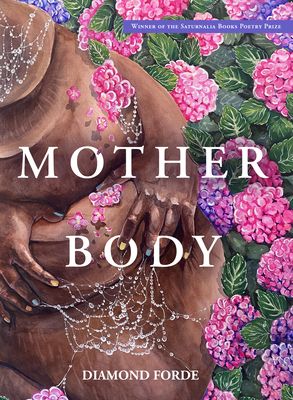
Mother Body by Diamond Forde
This book traces the journey of a fat Black girl as she goes through life and its many atrocities, both big and small. She nicks herself while shaving. She has to endure pelvic exams. She also has to shake off the shame and get over her inherent feelings of unworthiness. Forde’s book focuses on pain to celebrate joy and the wholeness she is about to embody.
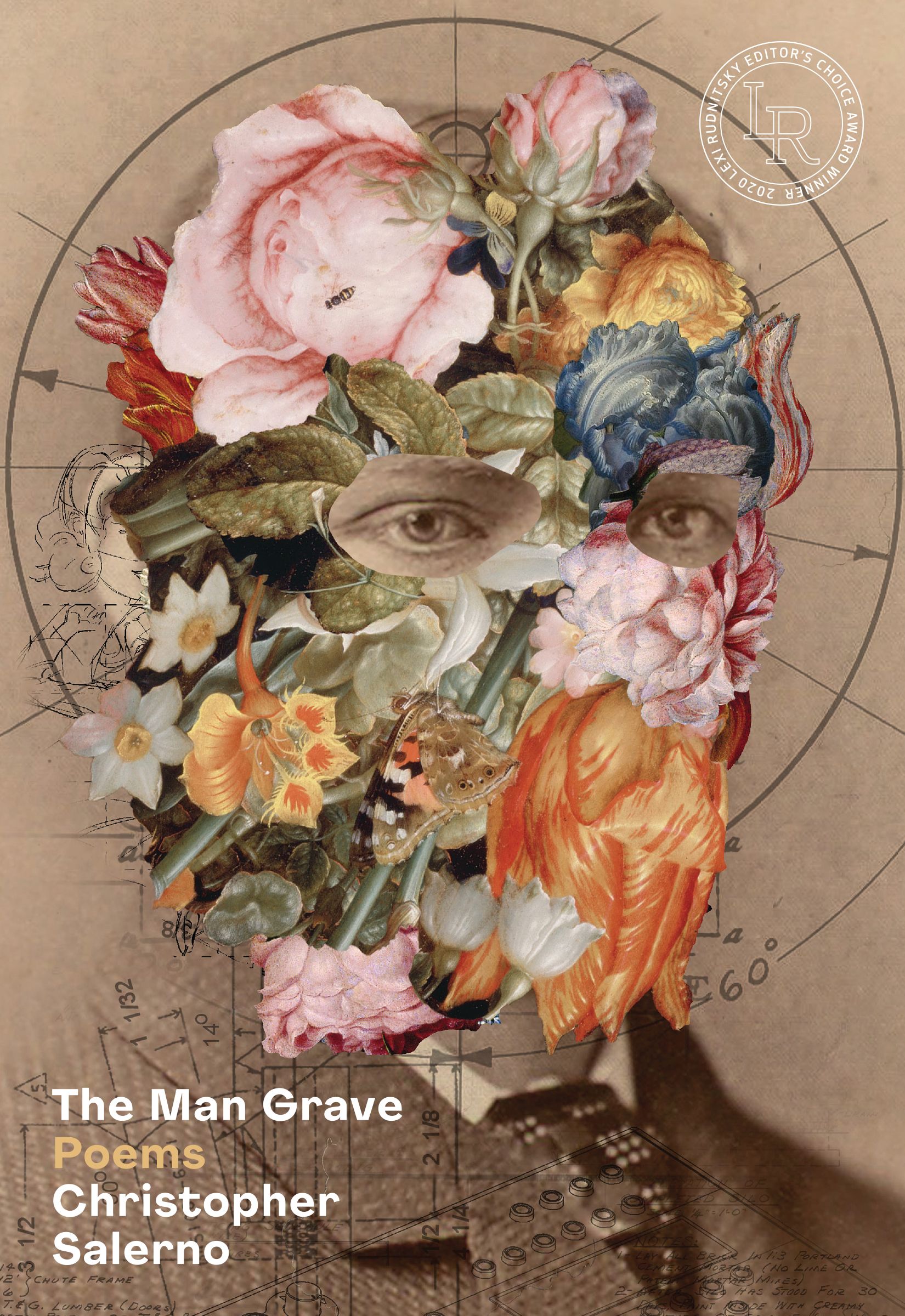
The Man Grave: Poems by Christopher Salerno
These poems deal with masculinity and the complexities that make it what it is. With extreme tenderness, Salerno questions the privileges of boyhood and manhood. Salerno’s speakers try to move away from masculinity but its brutalities follow them everywhere. Salerno seeks redemption in sorrow and puts manhood’s different renditions into perspective through the lens of empathy.
Here’s to hoping that we meet ourselves again and again on the pages of poetry books. And here’s to hoping that poetry always returns our true selves back to us. If, like me, poetry is your jam and you found the aforementioned suggestions insightful, I’d also recommend checking out this essay on poetry books in translation.

إرسال تعليق
0 تعليقات